The end of the year has come around again, so it’s time to look back. Going through my list of books read this year has brought back some happy memories, so here are my twelve favourites. As ever, the list is in rough descending order of enjoyment, but they’re all warmly recommended.
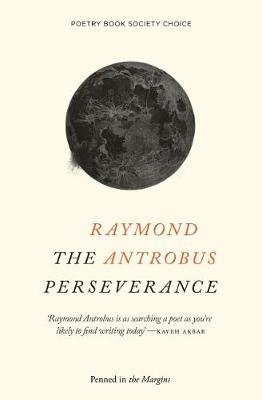
12. The Perseverance (2019) by Raymond Antrobus
I’ve been dipping my toes into the world of poetry this year. Antrobus’ highly personal collection – which explores themes of language, communication and family relationships – stood out to me. A worthy winner of the Young Writer of the Year Award.
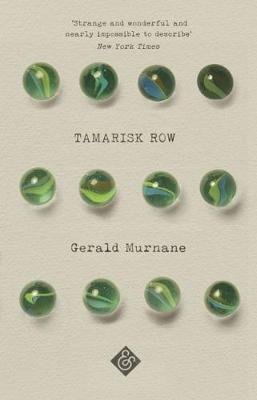
11. Tamarisk Row (1974) by Gerald Murnane
I’ve never read a novel that evokes childhood imagination quite like this. A boy in 1940s Australia imagines hidden worlds in the abstract patterns of everyday reality (such as the play of light through glass). The raw, deep feelings of growing up are made vertiginous in Murnane’s prose.
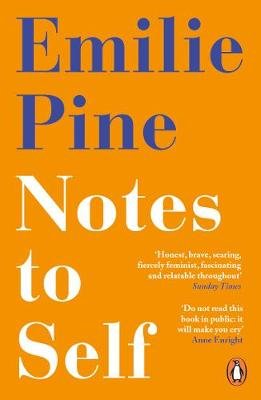
10. Notes to Self (2018) by Emilie Pine
A collection of personal essays in which the act of writing seems at least as important to the writer as what she’s writing about. Pine is unflinching as she explores issues of the (her) family, body and self. The sense is that she’s taking the stuff of her life apart and building it anew.
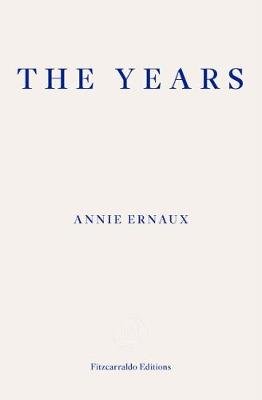
9. The Years (2008) by Annie Ernaux
Translated from the French by Alison L. Strayer (2017)
An account of the mid-to-late 20th century whose writing stopped me in my tracks. The narrator’s personal history plays out against and within the broader passage of time. I was particularly struck by the way the text changes shape to reflect different ways of knowing and remembering – stories giving way to fragments of information.
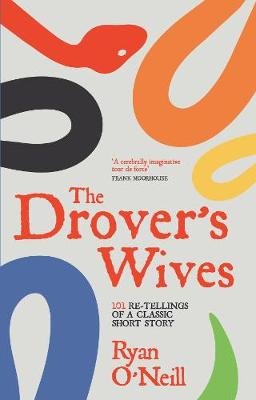
8. The Drover’s Wives (2019) by Ryan O’Neill
Possibly the book that was the most pure fun to read this year. The Drover’s Wives consists of a classic Australian short story retold in 101 different ways, from ‘Hemingwayesque’ to ‘A 1980s Computer Game’ and even a chart of paint swatches. O’Neill brings out different sides to the original story, and though there’s a lot to smile about, there are some poignant moments too.
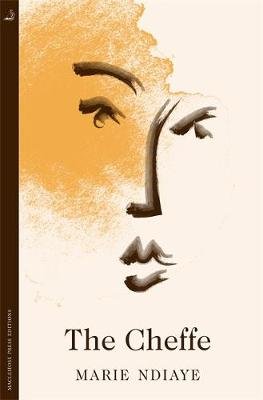
7. The Cheffe (2016) by Marie NDiaye
Translated from the French by Jordan Stump (2019)
The very last book I read before compiling this list, but one that made a considerable impression. It’s the tale of an elusive culinary genius through the eyes of a former employee who thinks he has insight into her that may be the product of obsession. The ‘double remove’ between us and the Cheffe makes the novel so tantalising.
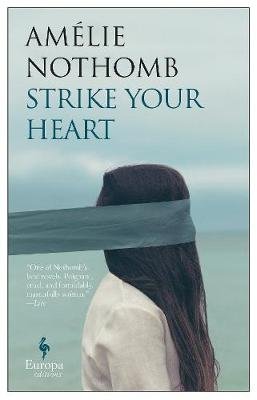
6. Strike Your Heart (2017) by Amélie Nothomb
Translated from the French by Alison Anderson (2018)
Nothomb takes my ‘should have read this author sooner’ slot for the year. This novel is a short, sharp, 360-degree view of its protagonist’s female relationships, from her jealous mother to the assistant professor who may not be as much of a friend as she appears.
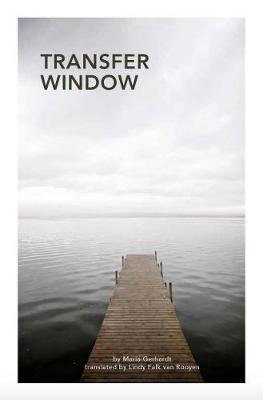
5. Transfer Window (2017) by Maria Gerhardt
Translated from the Danish by Lindy Falk van Rooyen (2019)
Talking of short and sharp… This is the piercing portrait of a terminally ill young woman who has moved to a wealthy suburb of Copenhagen, recently turned into a hospice. Transfer Window is harrowing in its sense of life cut short. Inside the hospice, the protagonist’s old life slips away: for everyone outside, life goes on.
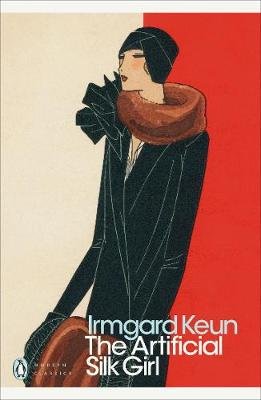
4. The Artificial Silk Girl (1932) by Irmgard Keun
Translated from the German by Kathie von Ankum (2002)
Doris is a secretary with dreams of being a star; she leaves her job and travels to Berlin, where she finds that life’s pendulum may swing in a different direction without warning. Doris’s voice is compelling as the world shifts around her. There are moments of joy, but also signs of the darkness that was to come – signs that seem all the more pronounced from this historical distance.
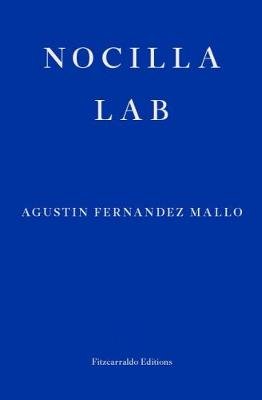
3. Nocilla Lab (2009) by Agustín Fernández Mallo
Translated from the Spanish by Thomas Bunstead (2019)
The final part of Fernández Mallo’s Nocilla Trilogy, and my personal favourite. We follow a version (or versions) of the author on a trip to Sardinia, through four sections written in different styles. The question becomes, can we trust the narrator to be the same individual throughout? The sense of a single coherent ‘I’ grows ever more fragile.
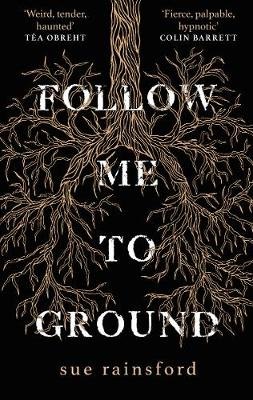
2. Follow Me to Ground (2018) by Sue Rainsford
A novel of genuine strangeness that gains power from refusing to explain itself. Ada and her father heal people, but exactly what they do (or even what they are) is a mystery to us. When Ada falls in love with one of her “Cures”, this threatens to upend her entire existence… and that core of mystery gnaws away all the while.
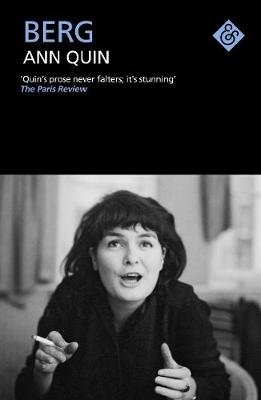
1. Berg (1964) by Ann Quin
I first heard about this novel ten years before reading it, and eventually got to it at just the right time. I was expecting the prose to require some concentration, but I wasn’t expecting the book to be so funny. Quin’s hapless protagonist goes to the seaside intending to kill his father in revenge, but finds he can’t actually go through with it. Events descend into outright farce… and I found a new book to treasure.
***
So, that was my 2019. How was your reading year?
If you’d like to catch up on previous yearly round-up, they’re here: 2018, 2017, 2016, 2015, 2014, 2013, 2012, 2011, 2010, and 2009. Thank you for reading, and I’ll see you next year on Instagram, Twitter, Facebook or here.
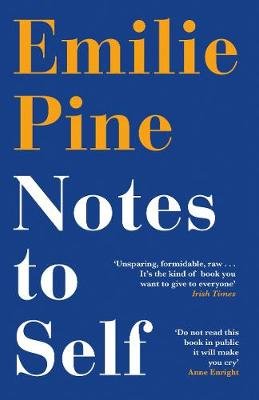
Recent Comments